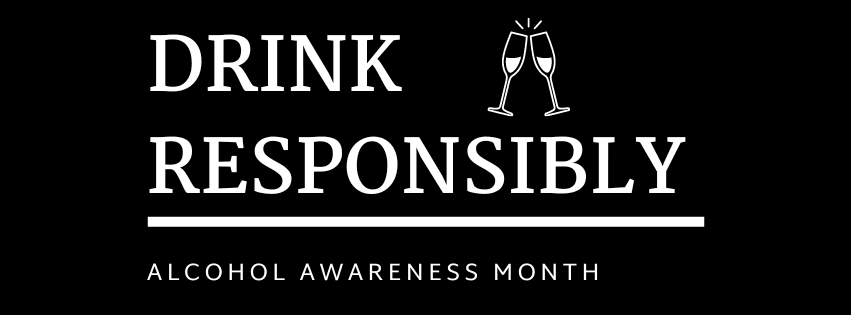
So you had a long day, drag yourself into your apartment, limp to the fridge and pry open the door. So far, so good! You're greeted by a dimly lit array of leftover and takeout containers and half a dozen eggs... then off to the side, there's a cold can with bold letters, covered in moisture (how is that even possible? it's been in the dry fridge all day...) and you swear you can hear it whispering... "Hey! April is Alcohol Awareness Month! How about a Q and A!"
Q: I have family members who have alcohol problems. Is that something I should be worried about?
The short answer is - yes. As you may be aware, scientists have shown that alcohol addiction (and other addictions) are like a lot of other diseases. Many of the mechanisms that make people susceptible to diseases are linked to receptors, and those receptors have a lot of crossover with genetic variants. Scientists have identified some of these genes (some are included in home genetics tests), but unfortunately, we still don't understand enough to describe all the risk. So, if you've got a few family members that have struggled with alcohol, you are probably at risk for alcohol use disorder.
Q: You said alcohol use disorder. Like, it's a disease?
You bet. We know the causes - GABA and other receptors that process alcohol and dopamine and rewards circuits in the brain are altered by our genetics, or when we use alcohol regularly. This increases cravings for alcohol (want to drink more and more often), produces tolerance to the effects of alcohol (need to drink more to get the same effect), and can cause withdrawal if you try to stop drinking (uncomfortable symptoms like tremor and seizures). We have treatments - like naltrexone - that specifically target those receptors. AND those medications are incredibly effective. Combined with other treatments like therapy and groups, treatment of alcohol use disorder can be quite effective in reducing use and overuse of alcohol. This is strikingly similar to every other disease process we know.
Q: I guess I'm just lucky then, to not have alcohol use disorder. I only have a few drinks a few times a week, which is ok, right?
Well... it turns out that's complicated. For decades, research (much of it funded by alcohol manufacturers) has postulated that alcohol could be good for your health, but many large studies have shown that even moderate use of alcohol can affect your health. Starting at the second drink in a sitting (yes, you read that right - #2), risks start to increase for alcohol-related diseases such as liver disease and heart disease. Moreover, that same research has shown little, if any, benefit, in the first drink. That's not to say all drinking is unacceptably dangerous and should be avoided (except if you're driving!), but if you've been loyally having that glass of red wine every night, hoping for health benefits... now you know you don't have to do that!
Above all - if you choose to drink alcohol, please do so responsibly, and definitely don't drive.
